The Benefits and Drawbacks of Concrete Pavers
Concrete pavers have become a popular choice for homeowners and businesses alike, thanks to their durability, versatility, and aesthetic appeal. At JIP Construction, we understand the importance of choosing the right materials for your construction projects. In this blog post, we will explore the advantages and disadvantages of concrete pavers to help you make an informed decision.
Advantages of Concrete Pavers
- Durability: Concrete pavers are known for their strength and longevity. They can withstand heavy loads and harsh weather conditions, making them an ideal choice for driveways, walkways, and patios. Unlike asphalt, which can crack and deteriorate over time, concrete pavers maintain their integrity and appearance for many years.
- Versatility: One of the most significant advantages of concrete pavers is their versatility. They come in a wide range of shapes, sizes, and colors, allowing you to create unique and customized designs. Whether you prefer a classic, modern, or rustic look, concrete pavers can be arranged in various patterns to suit your style and preferences.
- Aesthetic Appeal: Concrete pavers can enhance the visual appeal of any outdoor space. With the ability to mimic the appearance of natural stone, brick, or tile, they offer a cost-effective alternative to more expensive materials. Additionally, the variety of colors and finishes available allows you to match the pavers to your existing landscape and architecture.
- Easy Maintenance: Maintaining concrete pavers is relatively simple. Regular sweeping and occasional washing with water and mild detergent are usually sufficient to keep them looking clean and fresh. In the event of stains or damage, individual pavers can be easily replaced without disturbing the surrounding area.
Disadvantages of Concrete Pavers
- Potential for Cracking: While concrete pavers are durable, they are not immune to cracking. Extreme pressure, such as heavy vehicles or shifting soil, can cause pavers to crack or break. However, proper installation and regular maintenance can help minimize this risk.
- Color Fading: Over time, the color of concrete pavers can fade due to exposure to sunlight and weather conditions. This can result in a less vibrant appearance compared to when they were first installed. Applying a sealant can help protect the pavers from UV rays and reduce the rate of color fading.
- Initial Cost: The initial cost of installing concrete pavers can be higher compared to other materials like asphalt or gravel. However, considering their durability and low maintenance requirements, concrete pavers can be a cost-effective investment in the long run.
- Weed Growth: Weeds can sometimes grow between the joints of concrete pavers, detracting from their appearance. Regular maintenance, such as applying weed control products and re-sanding the joints, can help prevent weed growth and keep your pavers looking pristine.
Conclusion
Concrete pavers offer a range of benefits that make them an excellent choice for various construction projects. Their durability, versatility, and aesthetic appeal make them a popular option for driveways, walkways, patios, and more. However, it is essential to consider the potential drawbacks, such as cracking and color fading, to ensure that concrete pavers are the right fit for your needs.
At JIP Construction, we are committed to providing high-quality construction services and materials to our clients. If you are considering concrete pavers for your next project, our team of experts is here to help. Contact us today to learn more about our services and how we can assist you in achieving your construction goals.

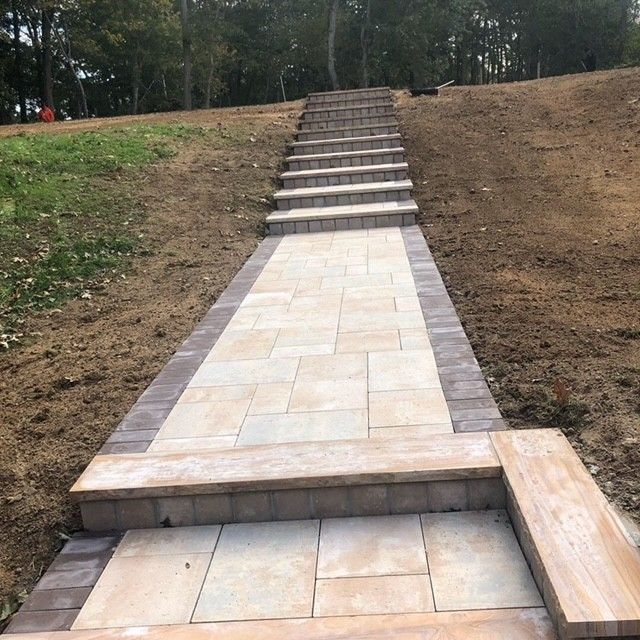
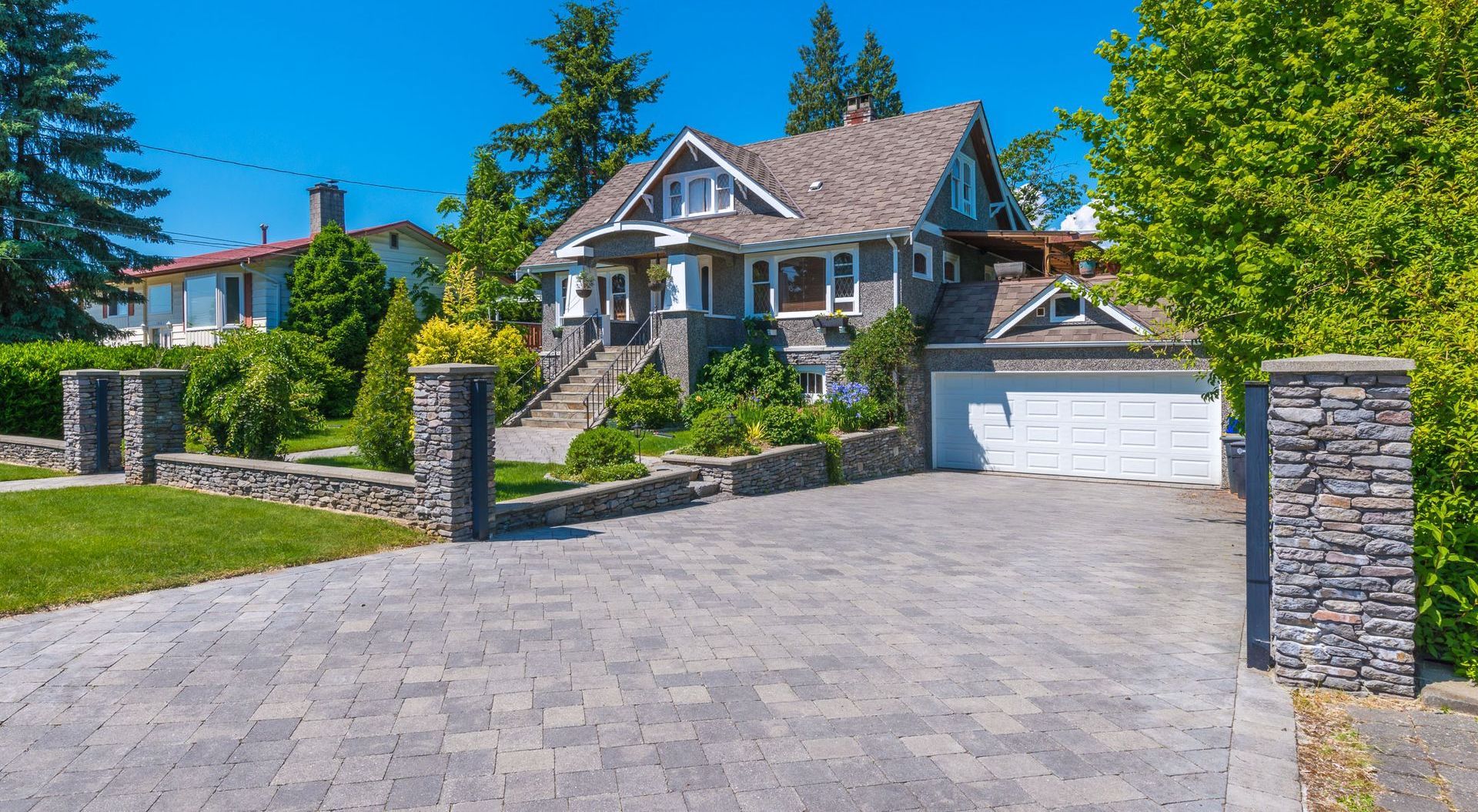


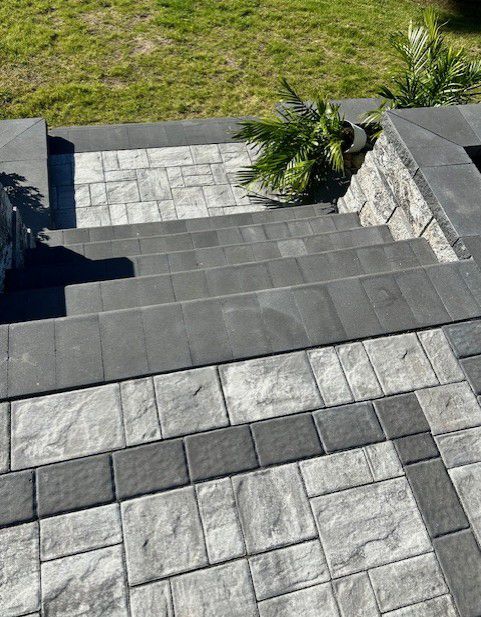

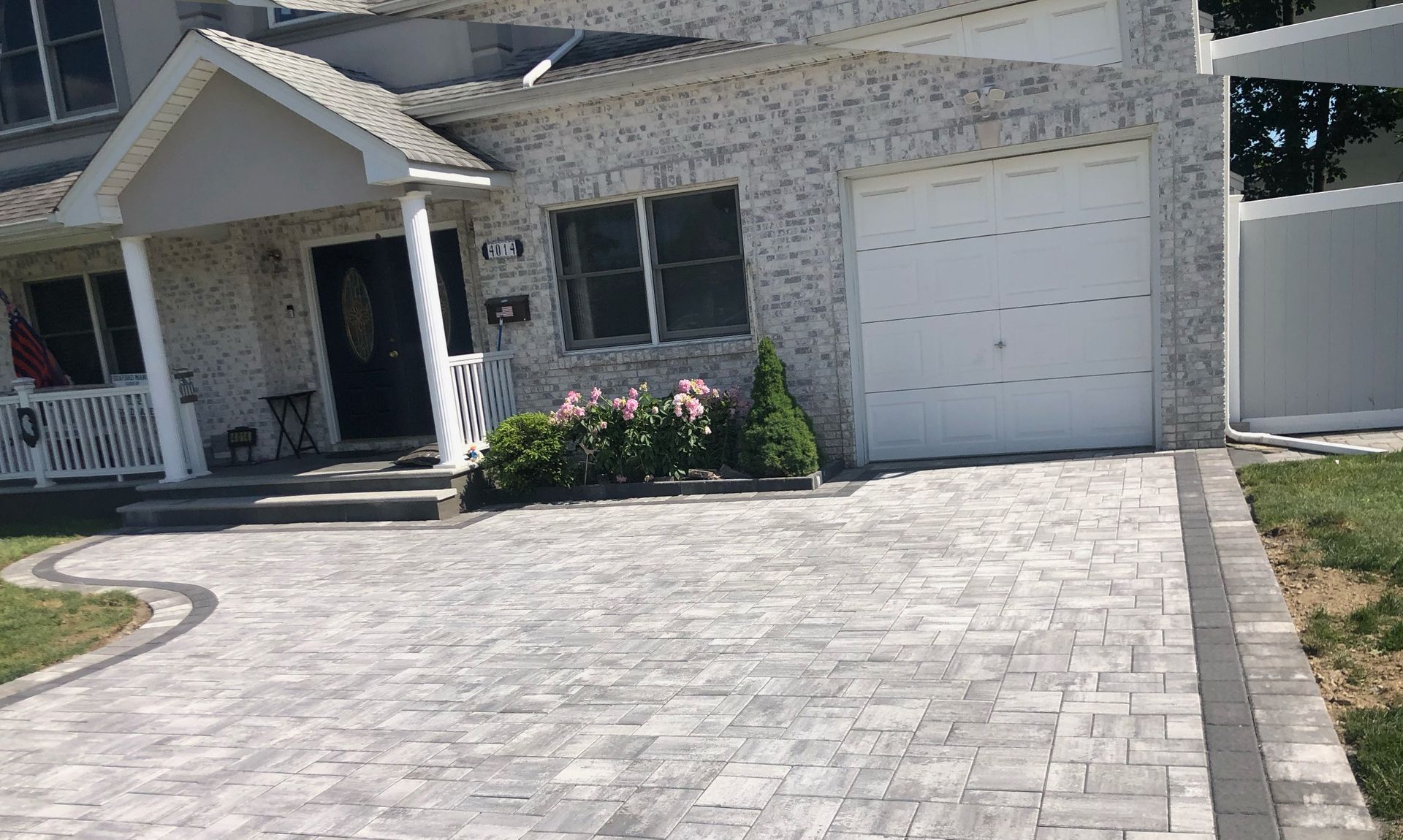
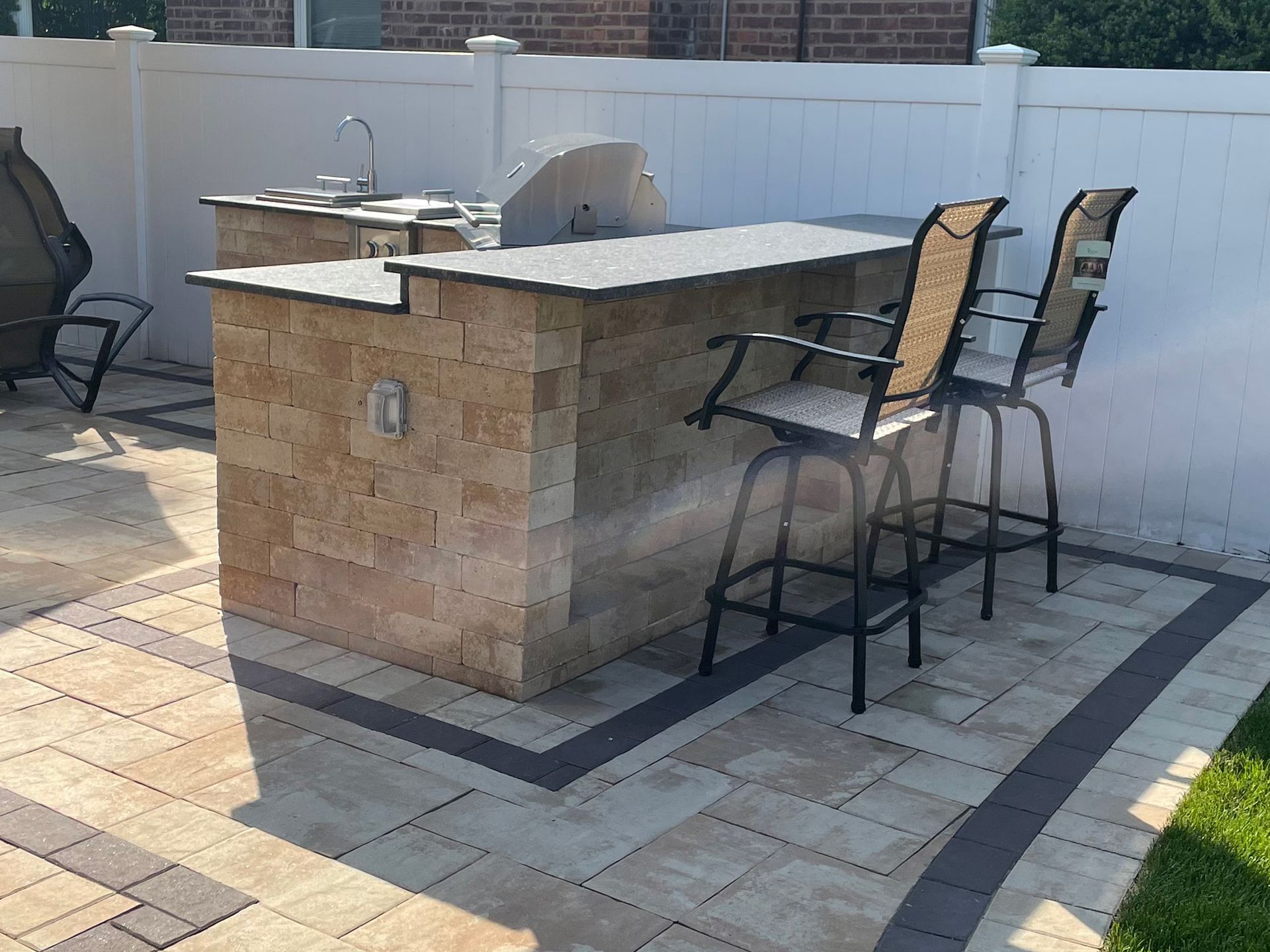
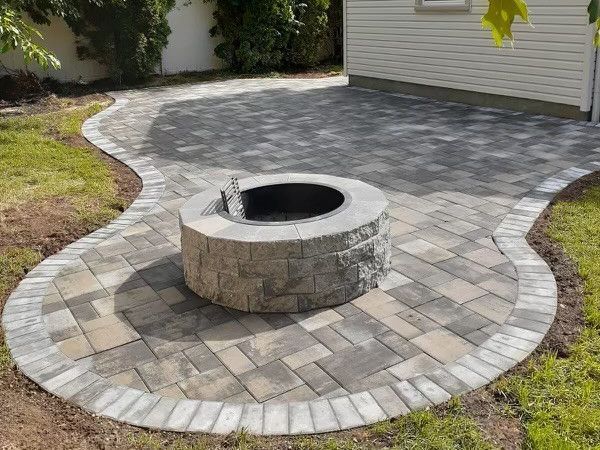
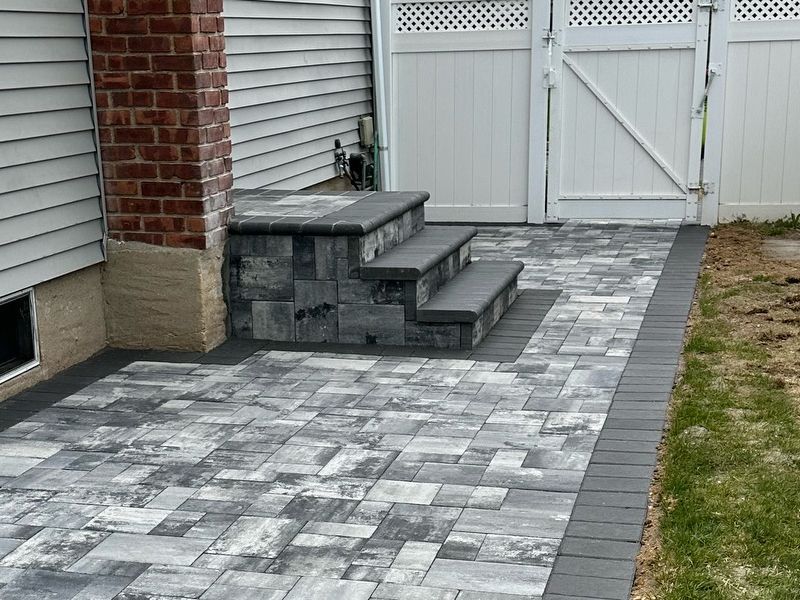

Share On: